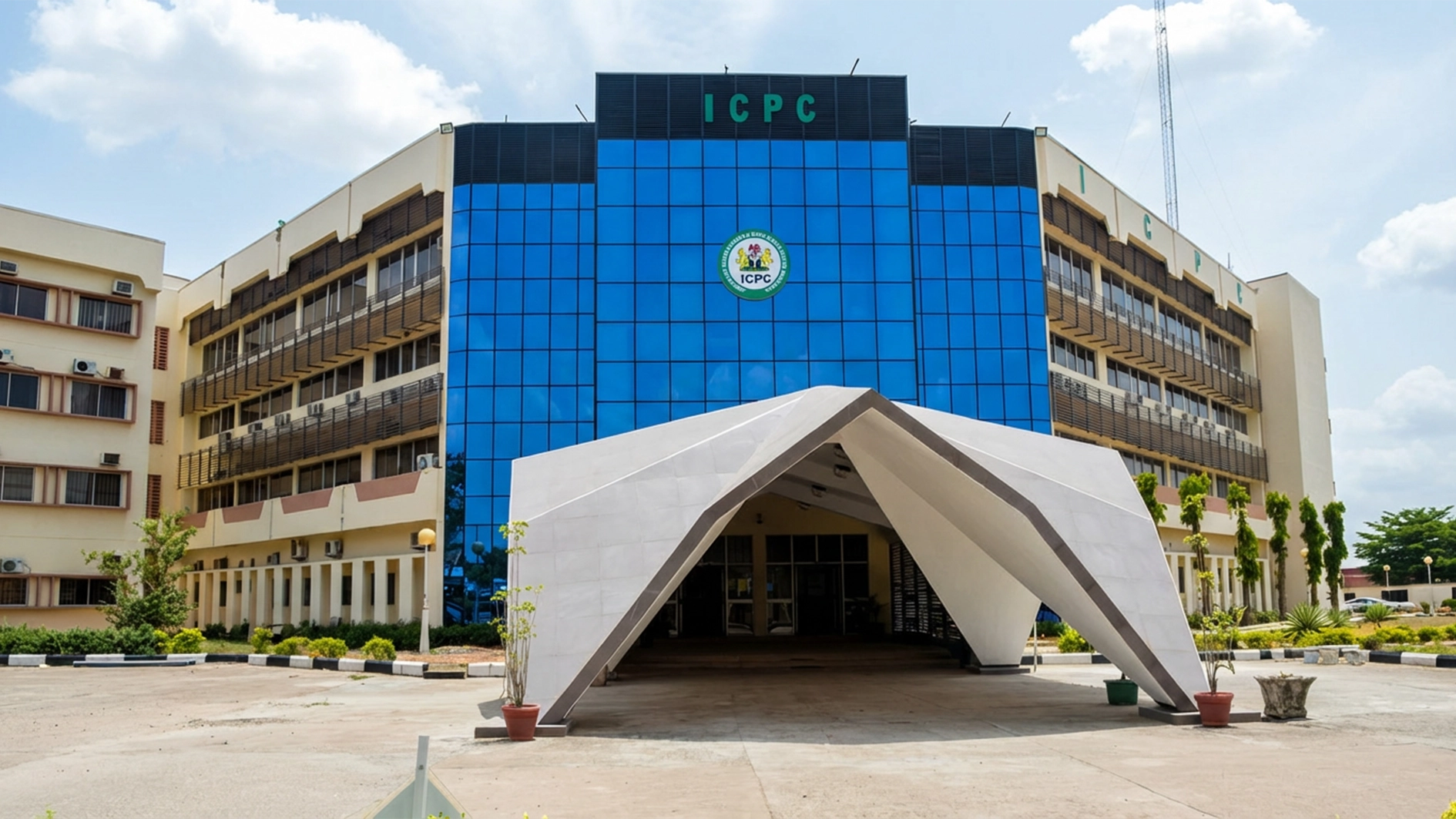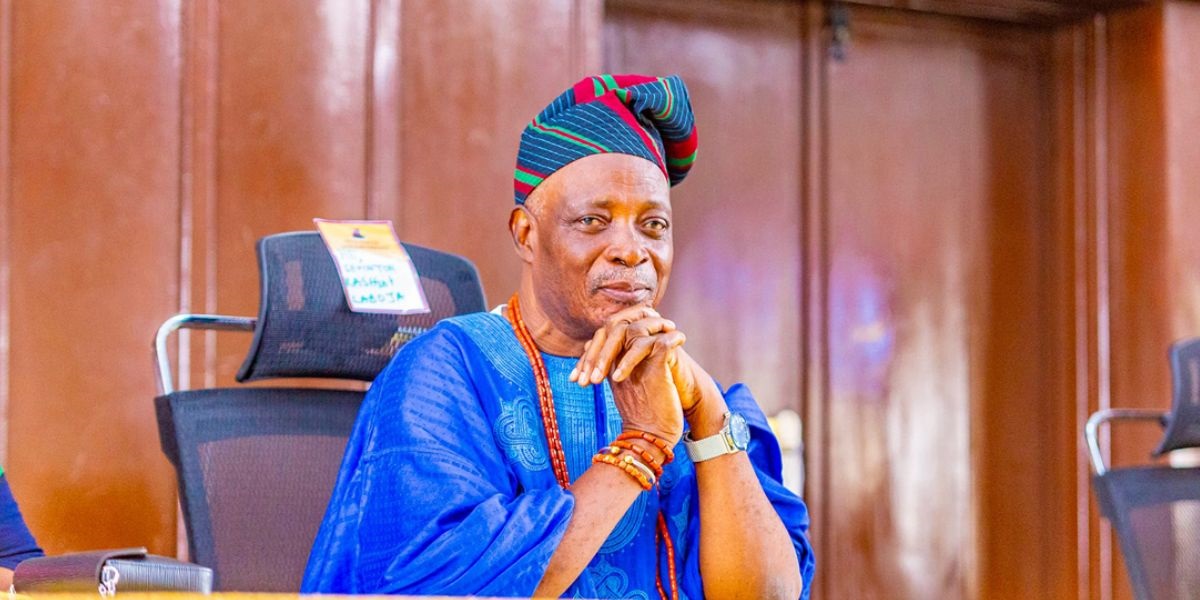The Deputy Governor of Lagos State, Dr. Kadiri Obafemi Hamzat, has said that Artificial Intelligence (AI) will drive the global economy in the next two to three decades, urging Nigerian businesses to adopt innovative technologies to stay competitive and avoid being left behind.
Hamzat stated this at the 10th FATE Business Conference themed “AI-Powered Business: Innovate, Automate, Accelerate.”
The conference was aimed at fostering wealth creation by enabling entrepreneurs to start, grow, and scale their businesses sustainably.
In his address, Hamzat noted that AI has evolved from an academic concept to an everyday reality, transforming industries such as agriculture, finance, healthcare, logistics, and entertainment.
“AI is the ultimate innovation multiplier. It allows us to take raw material or data and transform it into new products, services, and business models,” he said.
He explained that small business owners can now leverage AI tools to predict demand, manage inventory, and design marketing campaigns, while farmers can apply AI to determine optimal planting and harvesting periods. Even politicians, he added, are using AI to gauge public sentiment.
Hamzat, however, cautioned that while AI accelerates innovation, it cannot replace human reasoning.
“In the AI age, playing it safe is probably the riskiest thing you can do. Businesses that dare to experiment and innovate faster than their competitors will thrive,” he stated.
Highlighting global milestones in AI development, he referenced IBM’s Deep Blue defeating chess champion Garry Kasparov in 1997 and IBM Watson’s victory in a 2011 quiz show as evidence of AI’s long-standing evolution.
According to him, AI now drives innovations such as fraud detection in banking, precision farming, early disease diagnosis, logistics optimization, and round-the-clock customer service.
He also stressed the need for educational reform in Nigeria, advocating a shift from rote memorization to problem-solving skills to prepare young Nigerians for an AI-driven future.
Hamzat warned against overreliance on foreign datasets that exclude African perspectives, cautioning that such bias could produce flawed outcomes.
“Nigeria has everything it takes—talent, market, and entrepreneurial spirit—to lead in the AI-powered economy. If Nigerian businesses embrace AI responsibly, we will not just adopt solutions; we will create them for the world,” he said.
In his keynote address titled “The Future is Now: Embracing AI for Sustainable Competitive Advantage,” Chief Executive Officer of GENAI Learning Concept Limited, Sunny Iroche, projected that AI could contribute up to $15 trillion to global GDP by 2030.
He emphasized that beyond adoption, businesses must build capacity to harness AI’s full potential.
“To make your company an AI-first or AI-fueled organization, you need both financial capacity and skilled people who can effectively use AI,” he said.
Addressing fears of job losses, Iroche stressed the importance of continuous learning and reskilling.
“AI will not take your job, but the person who has learned to use AI will,” he warned, quoting futurist Alvin Toffler: “The illiterate of the 21st century are not those who cannot read or write, but those who cannot learn, unlearn, and relearn.”
He proposed a 4C framework for AI readiness, Consequence, Capability, Culture, and Compliance, urging businesses to assess their preparedness beyond technology to include workforce adaptability and organizational culture.
Earlier in her welcome address, President of FATE Foundation, Adenike Adeyemi, reflected on the decade-long journey of the conference, which she said began as an idea to bring entrepreneurs together to learn, network, and inspire one another.
“This foundation was built on the belief in the power of entrepreneurship to drive socio-economic growth, create impact, and generate jobs from the grassroots to the national level,” she said.
Also speaking, President of the FATE Alumni Executive Committee, Oluwatoyin Bakare, described the 10th conference as a defining moment.
“This conference represents resilience, community, and the undying spirit of entrepreneurship. We are not just alumni—the FATE Foundation plants a seed, businesses grow, families are sustained, and communities are strengthened,” she said.
Bakare urged entrepreneurs to harness AI in solving local challenges and creating value that goes beyond profit.






